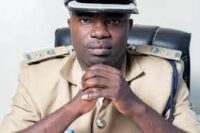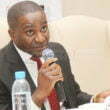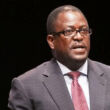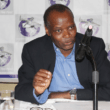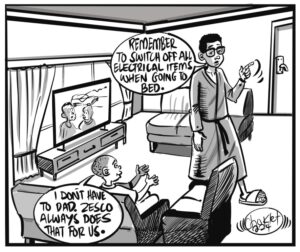FORMER Law Association of Zambia (LAZ) president Eddie Mwitwa says thorough research is needed in setting up fast-track stolen assets recovery mechanisms and courts for corruption and economic crimes.
In an interview, Mwitwa said the initiative was encouraging but needed to be done with a lot of research.
He added that the country should adopt methods that were used in countries which had successfully set up fast-track courts on corruption.
“The idea itself sounds encouraging but I think it is an initiative that will have to be done with a lot of research and also seeing whether there is anywhere else in the region or across Africa where similar courts have been set up and what successes have been scored. The beauty with the world now is that we have a lot of information and very few things are innovated from scratch. You are almost spoiled for choice in terms of information now. So, I would personally want to see us setting up those courts because we have seen a lot elsewhere,” Mwitwa said.
“But if we are the ones to invent them, then we must do so with a clear path in terms of where we want to go, where we are coming from. There are a lot of costs that may be involved because I would imagine that you will have to have specialised judges or magistrates that will be sitting there. So they will have to have special training in terms of handling corruption cases.”
Mwitwa said corruption cases were complex and a specialised training for prosecutors and adjudicators was needed.
“What we have currently where judges and magistrates are sufficiently qualified to deal with any matters, but if you are going to set up a specialised court it means you will need to have specialised training for prosecutors and adjudicators. The idea itself in my view is a good one, we have seen GBV fast track courts, we have seen road traffic fast track courts, I think they have worked well,” said Mwitwa.
“So, if we can learn something from there, I think it can be translated to these fast-track courts on corruption cases. The only thing with corruption cases is that there are very complex, so they would require a lot of thinking, a lot of planning and obviously the political will. So, it is one that I would want to support but let us do it with a lot of research and learning from others who have done similar initiatives whether it is Africa or Europe and tailoring those costs to our own consequences.”




